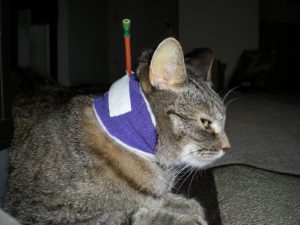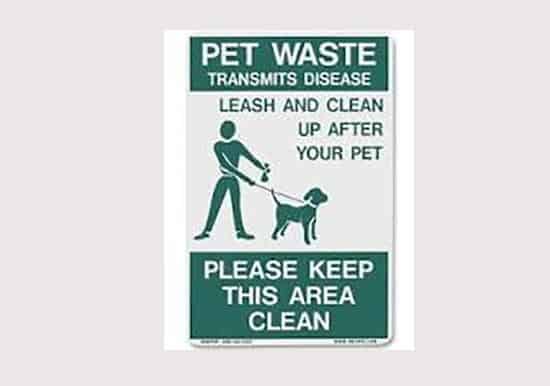There are lots of reasons for your companion cat and/or dog doesn’t want to eat. Chances are your family veterinarian can help you figure out why.
Sometimes it’s as simple as behavioral – owners inadvertently ‘train’ their pets to hold out for the good stuff. For example, the smart pet knows if they don’t eat their dog or cat food, their owner will give them a hamburger or food from the table.
But many times there is a medical condition underlying the decrease in appetite. Labwork can help get answers. Sometimes further testing is needed to pinpoint the cause. In the meantime your pet needs to eat.
At Urban Animal Veterinary Hospital, we help diagnose the cause and create a treatment plan to make your companion animal get better and feel better. While that’s happening, we employ a few tactics to get your pet eating:
1) We use appetite stimulants that have shown benefit in stimulating cat and dog appetites
2) We use anti-nausea medication when appropriate to help your companion animal feel better
3) We can place a temporary esophageal feeding tube to allow your cat and/or dog to receive food, medication and fluids easily and comfortably as he or she is recovering



